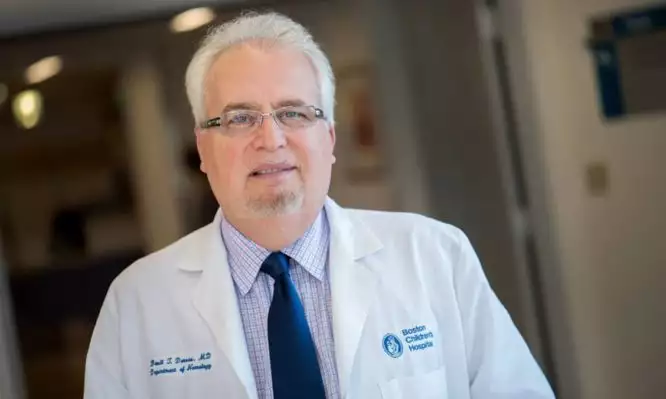
Darras Bill
Professor
- Physician at the Department of Neurology, Children's Hospital Boston.
- Deputy Chief Neurologist.
- Director of the Department of Clinical Neurology, Children's Hospital Boston.
- Professor of Neurology at Harvard Medical School.
- Director of the Neuromuscular Center and the Spinal Muscular Atrophy Program.
- Research interests: molecular genetics, diagnosis and therapeutic management of pediatric neuromuscular diseases.
- Email: basil.darras@childrens.harvard.edu
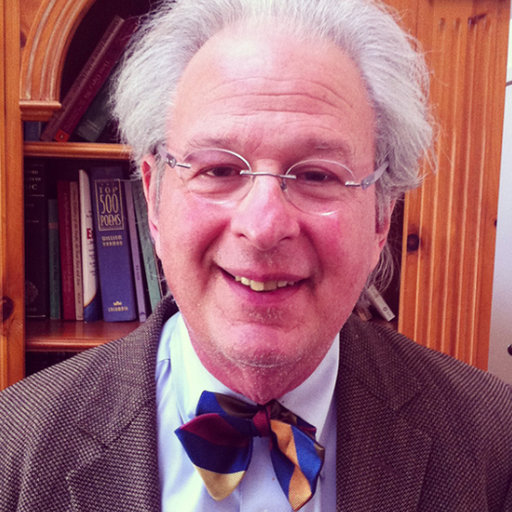
Philip Gold
Researcher
- One of the world's leading depression researchers.
- Head of Neuroendocrine Research.
- Head of the Department of Neuroendocrinology.
- Principal Investigator in the Intra-scientific Research Program of the National Institute of Mental Health.
- He was trained in psychoanalytic psychiatry at Harvard Medical School.
- Head of a laboratory with over 30 people trained in neuroscience, molecular biology, endocrinology, neurology and psychiatry.
- He has written over 400 scientific articles that have been cited in over 65,000 publications, including 16 in The New England Journal of Medicine.
- Member of the Library of Congress Academic Council, he participated in the MacArthur Foundation Medical Network.
- Honorary Doctorate from the Medical School of the University of Athens.
- Distinguished Graduate of Duke University School of Medicine. Foreign Fellow of the Royal Society of Medicine of Great Britain.
- Curt Richter Award (Vienna, Austria), Fish Memorial Award and Lecture (Brown University Medical School), Alan Walters Memorial Award (University of Toronto Medical School).
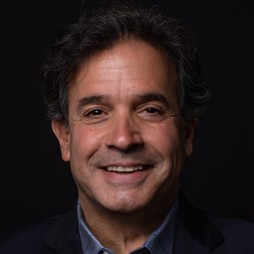
Rudolph E. Tanzi
Professor
- Neuroscientist/Geneticist.
- Joseph P. and Rose F. Kennedy Professor of Neurology at Harvard Medical School.
- Director of the McCance Center for Brain Health at Massachusetts General Hospital.
- Director of Genetics and Aging Research Unit at Massachusetts General Hospital.
- Co-Director, MassGeneral Institute for Neurodegenerative Disease
- Research interests: Alzheimer's disease, amyloid beta protein, amyloid precursor protein, beta and gamma secretase, antimicrobial peptides, genetic predisposition to Alzheimer’s disease, microglial activation, human brain organoid models of disease, neuroinflammation, and neurogenesis
- Email: tanzi@helix.mgh.harvard.edu
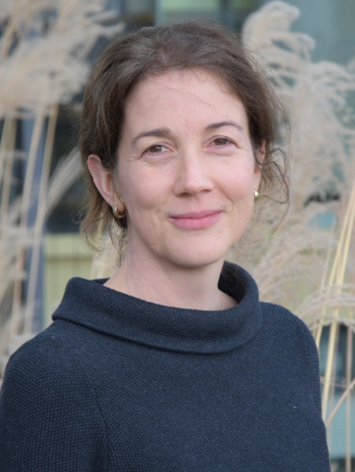
Veronica Egert
Psychologist
- Psychologist
- Research associate and former research group leader of the Social Stress and Family Health Research Group at the Max Planck Institute for Human Cognitive and Brain Sciences.
- Professor of Social Neuroscience and interim Institute Director at the Institute for Psychosocial Medicine, Psychotherapy and Psychooncology, Jena University Clinic, Jena, Germany.
- Research interests:
- Chronic stress, vulnerability and resilience: Influence of trauma and social abilities on stress-regulatory systems.
- Stress resonance: Physiological basis and mechanisms of stress contagion.
- Plasticity of the stress system: Protective potential of interventions and endogenous markers (oxytocin, BDNF, telomere length).
- Advancement of stress-related scientific methodology: Examination of the multidimensionality of the stress system.
- Email: veronika.engert@med.uni-jena.de
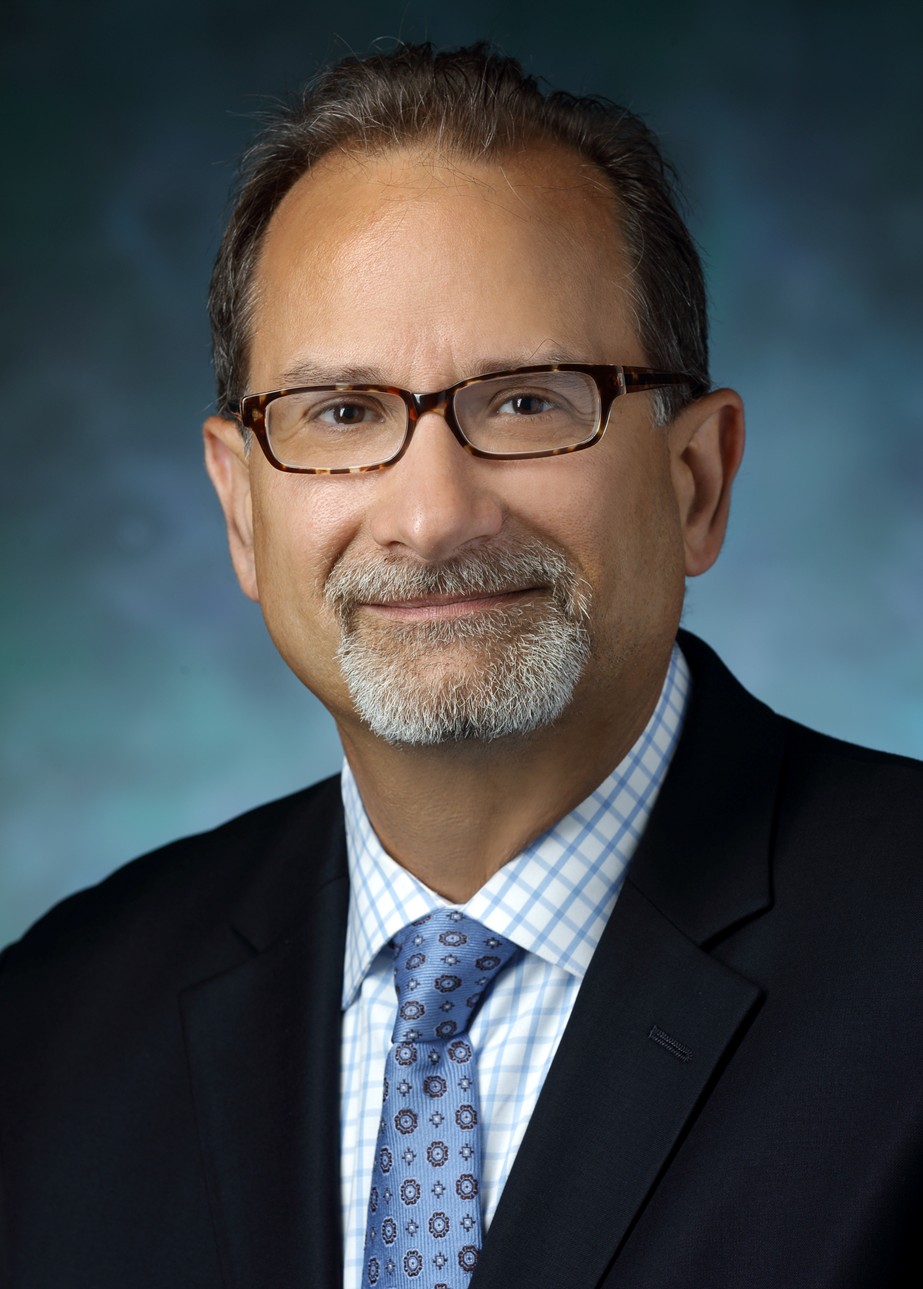
Liketsos Konstantinos
Professor
• Elizabeth Plank Althouse Professor at Johns Hopkins where he Chairs the Johns Hopkins Bayview Department of Psychiatry and Behavioral Sciences. He is a graduate of Athens College, Northwestern University, and Washington University medical school.
• After completing residency, chief residency, and fellowship at Johns Hopkins he joined the faculty of the department of psychiatry in 1993.
• A world-renowned expert in treatment development for Alzheimer’s disease and related disorders, he is an active clinician, teacher, and researcher.
• He has been Clinical Core Leader for the Johns Hopkins ADRC for over 20 years.
• In 2019 Dr. Lyketsos founded and directs the Richman Family Precision Medicine Center of Excellence on Alzheimer’s Disease. He has received multiple awards, and authored over 500 articles, as well as five books.
• His work has been cited over 81,000 times with an h-index of 153. A 2021 Stanford University publication reported that he ranks #13 out of 9246 scientists worldwide (and all time) in the field of Geriatrics.
• Castle-Connolly has named him as one of America’s Top Doctors every year since 2001.
E-mail: kostas@jhmi.edu
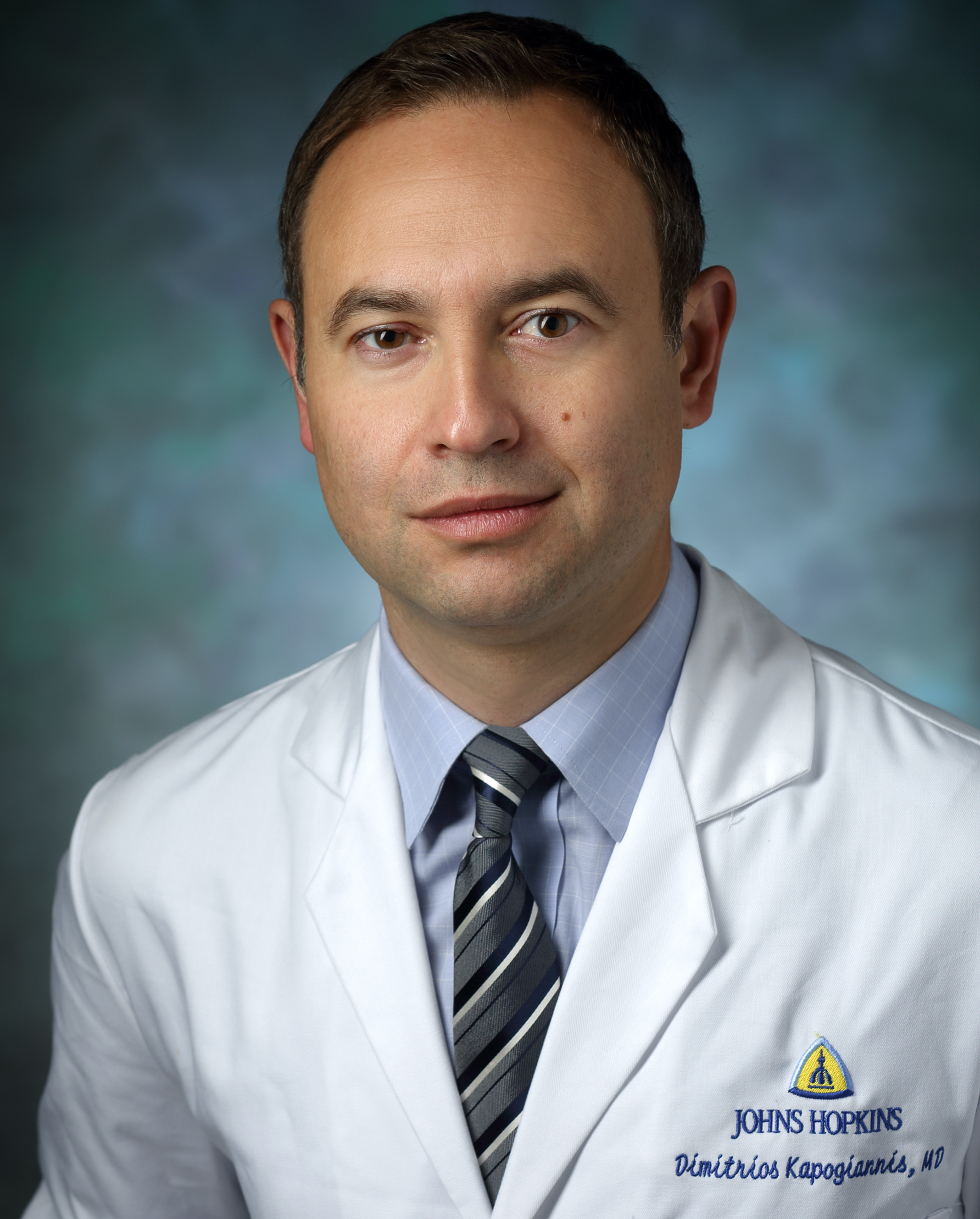
Kapogiannis Dimitrios
Adjunct Professor
- Senior Investigator and Deputy Chief of the Laboratory of Clinical Investigation at the National Institute on Aging (NIA/NIH)
- Adjunct Professor of Neurology at the Johns Hopkins School of Medicine.
- He earned his Medical Degree from the National and Kapodistrian University of Athens, Greece, and received his Residency Training in Neurology at the Massachusetts General and Brigham and Women’s Hospitals of Harvard University.
- Subsequently, he completed a Fellowship in Cognitive and Behavioral Neurology at the National Institute of Neurological Disorders and Stroke, NIH.
- His research program includes basic, translational and clinical studies in Alzheimer’s disease and related disorders (AD/ADRD).
- He has pioneered the isolation of Extracellular Vesicles enriched for neuronal origin from blood as a source of biomarkers for brain disorders and as outcomes in clinical trials.
- His clinical studies focus on metabolic and ketogenic interventions (anti-diabetic drugs, intermittent fasting, ketogenic supplements) for improving cognitive performance in aging populations and patients with AD/ADRD.
- His research interests are varied and extend to the interface of Medicine and Neuropsychology.
- His research has included studies on the cognitive structure and neural correlates of religious beliefs, personality, and autobiographical memory.
E-mail: kapogiannisd@mail.nih.gov

Stephan Bornstein
Director of Pathology
- Physician
- Director of the Center for (Internal) Pathology and the Medical Clinic and Polyclinic III of the Carl Gustav Carus University Hospital of the Technical University of Dresden.
- President and Honorary Consultant of Diabetes and Endocrinology at
King’ s College, London. - Assistant Director and Professor of Endocrinology at the University
Hospital of Düsseldorf. - Research interests: (internal) pathology, diabetes and
endocrinology and allied medicine with particular emphasis on
stress regulation, stem cells and human islet transplantation
for the treatment of diabetes.
- Email: stefan.bornstein@uniklinikum-dresden.de
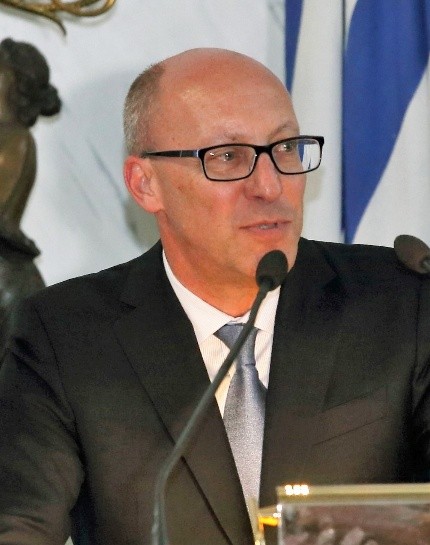
Kales Stefanos
Professor
• Doctor of Medicine (MD) from the Harvard Medical School, Master of Public Health from Harvard School of Public Health, Internal Medicine and Occupational Medicine Residencies at Harvard Affiliates
• Professor of Medicine at the Harvard Medical School
• Professor & Director of the Occupational Medicine Residency at the Harvard TH Chan School of Public Health (Department of Environmental Health)
• Chief of Occupational Medicine at Cambridge Health Alliance
• Research interests: occupational health & workplace wellness, nutrition education & interventions, clinical research, epidemiology, preventive medicine, sleep medicine and lifestyle medicine.
• Dr. Kales has engaged in academic and advisory activities on five continents as a clinical expert, investigator, educator and leader; making continuous contributions with over 250 publications, regular editorial work and stimulating trainees to conduct and publish research.
Email: skales@hsph.harvard.edu

 PYTHAGOREAN ACADEMIA RETREAT
PYTHAGOREAN ACADEMIA RETREAT